Remembering Fátima Cecilia: How a Child’s Disappearance Sparked a National Awakening in Mexico
In early 2020, the nation of Mexico was deeply affected by the case of Fátima Cecilia Aldrighetti Antón, a seven-year-old girl from Mexico City whose disappearance and death brought attention to urgent issues surrounding child safety and institutional accountability. Her story sparked widespread mourning and a powerful call for social and legal reform.
This article recounts the events surrounding Fátima’s case and examines the broader implications it had on public policy, civic activism, and child protection efforts across the country.
The Day Everything Changed
On February 11, 2020, Fátima was last seen outside her school, Enrique C. Rébsamen Elementary, in the borough of Xochimilco, located in the southern part of Mexico City. According to reports, her mother was delayed in arriving to pick her up, and during that brief lapse, the child was taken by a woman who was not a family member or part of the school’s staff.
Footage from nearby surveillance cameras later showed the woman calmly escorting Fátima away. These images were widely circulated through news outlets and social media, forming a critical piece of evidence in the subsequent investigation.
Authorities responded quickly by issuing a nationwide Amber Alert, mobilizing law enforcement and civilian networks in an urgent effort to locate the missing child.
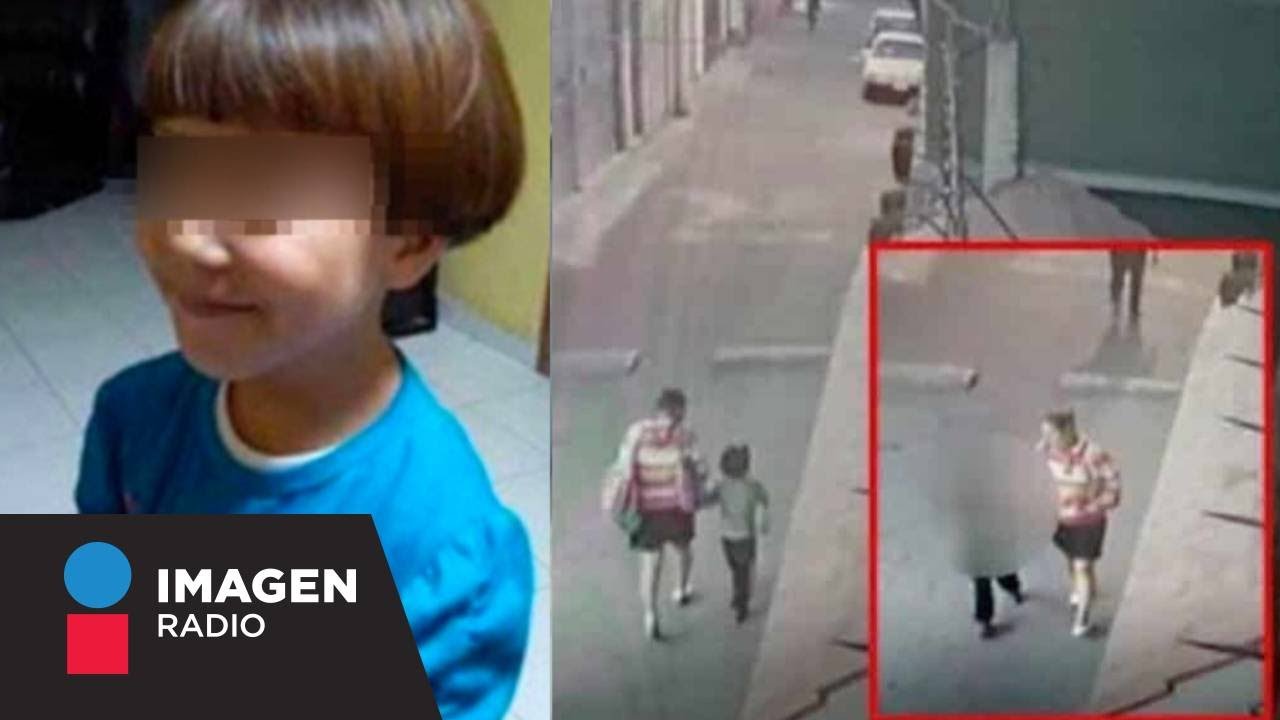
A Discovery That Stunned the Nation
On February 15, 2020, four days after her disappearance, Fátima’s remains were discovered in an unoccupied area in the Tláhuac district, not far from her neighborhood. Medical examiners verified her identity and noted that there were indications of physical harm, prompting officials to treat the case with the utmost seriousness under relevant criminal statutes.
The news triggered a national outpouring of sympathy. Citizens across the country lit candles, held vigils, and expressed their grief while demanding accountability and long-overdue policy changes to improve child protection systems.
A Surge of Public Demands
Fátima’s story quickly evolved from a local tragedy into a national movement. Across Mexico, thousands of people took to the streets in protest. Advocacy organizations, teachers, and parent groups voiced concerns over the gaps in child safety measures and called for meaningful action.
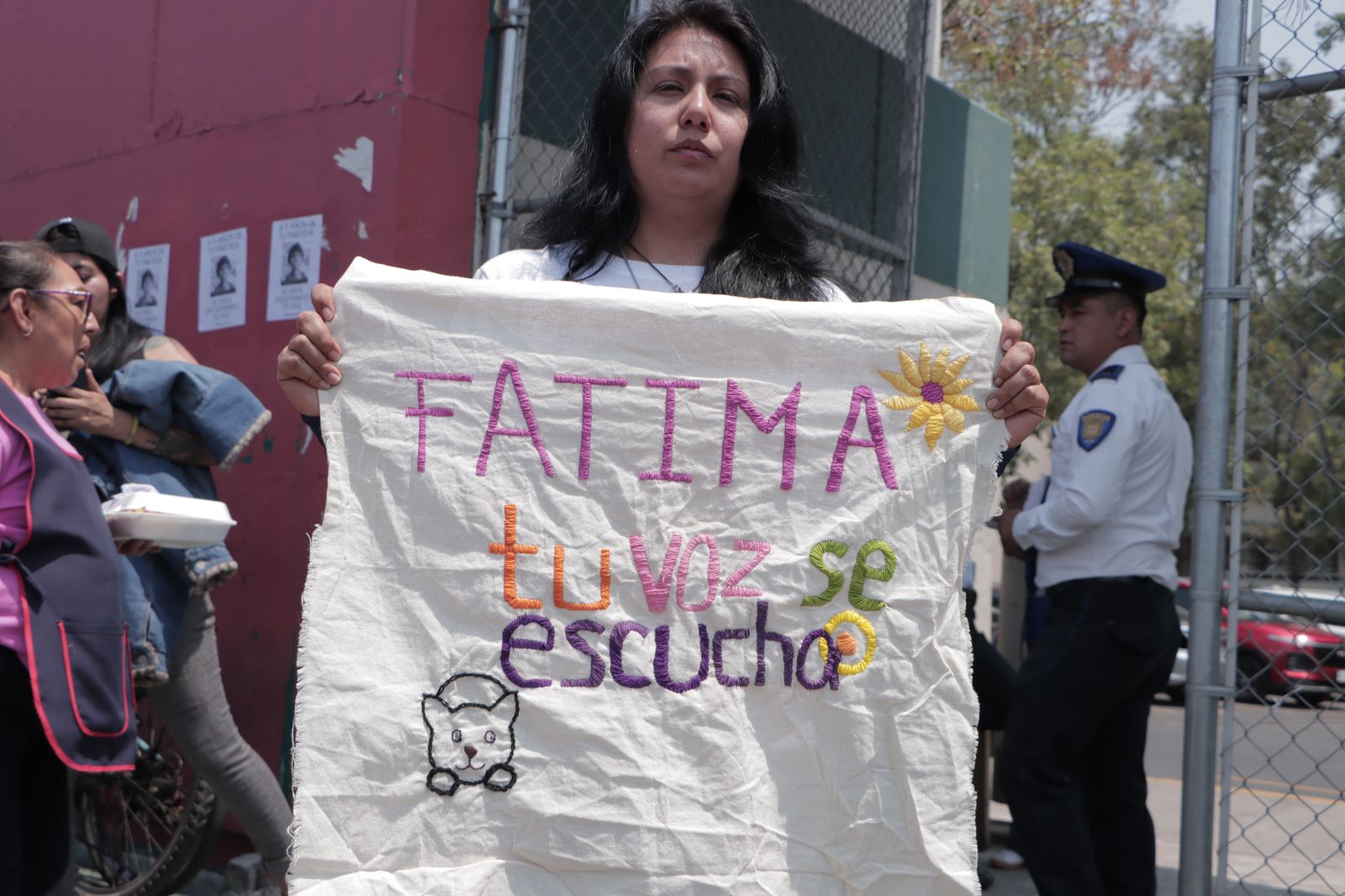
Key demands included:
- Implementing stricter school release procedures
- Enhancing identity verification systems for individuals authorized to pick up minors
- Expanding surveillance infrastructure around schools
- Updating emergency response protocols for missing children
The urgency of these demands was reinforced by the fact that Fátima’s case was just one of several high-profile incidents at the time that highlighted ongoing vulnerabilities faced by women and children in Mexico.
Leadership Response
Government officials responded swiftly to public pressure. President Andrés Manuel López Obrador issued a statement offering condolences and reaffirming his administration’s commitment to improving security for minors. Meanwhile, Mexico City Mayor Claudia Sheinbaum pledged new measures to strengthen communication between schools and local law enforcement.
In response to growing demands for justice, authorities focused their efforts on identifying and locating those responsible.

Swift Action and Legal Follow-Up
Soon after the discovery, investigators identified two individuals believed to be involved in Fátima’s disappearance. Both were located in the State of Mexico, apprehended by security forces, and transferred to Mexico City to face formal legal proceedings.
The suspects were charged under the applicable laws that address serious crimes involving minors. Authorities emphasized that the case would proceed transparently and that those found responsible would be held fully accountable.
This rapid response was praised by some sectors as an example of coordinated law enforcement. However, many civic groups stressed that the focus should also remain on systemic reforms to prevent similar cases in the future.
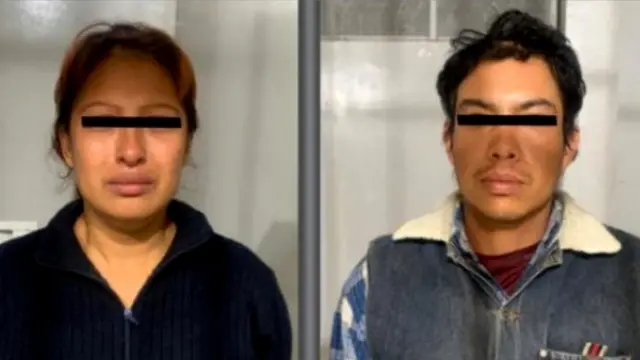
Driving Reform: A National Conversation on Safety
The tragedy of Fátima Cecilia became a defining moment in Mexico’s ongoing conversation about the safety of women and children. Lawmakers proposed a series of legislative reforms, including:
- Digital pickup verification systemsfor students at public schools
- Constitutional amendmentsrelated to crimes against minors
- Specialized response unitsfor cases involving at-risk children
These proposals were debated at both local and federal levels and signaled a broader shift toward preventive action, not just reaction.
A Wider Context: Safeguarding Women and Children
Fátima’s story echoed a disturbing trend documented by human rights organizations in Mexico and internationally. According to reports:
- Over 10 women per dayare victims of fatal violence in Mexico
- Many child disappearancesremain unresolved due to delayed response times
- Survivors and their families often lack adequate legal and psychological support
While these numbers are sobering, they also underscore the importance of investing in structural solutions. Civil society groups, including women’s rights organizations and parent associations, continue to play a key role in advocating for reform.
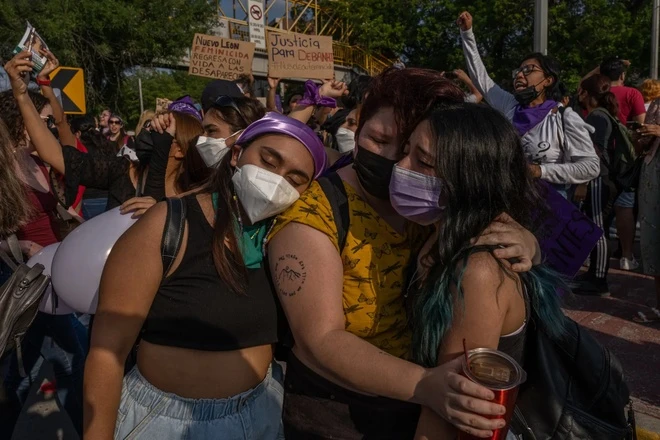
National Solidarity and Social Awakening
The response from the public was profound. Demonstrations took place in Mexico City, Guadalajara, Monterrey, and other cities. Marchers carried signs bearing phrases such as:
- “Ni Una Más”(Not One More)
- “Justicia para Fátima”(Justice for Fátima)
- “Protección para Todas y Todos”(Protection for Everyone)
These expressions of solidarity helped sustain momentum for policy change and kept public attention focused on the need for action long after the immediate news cycle faded.
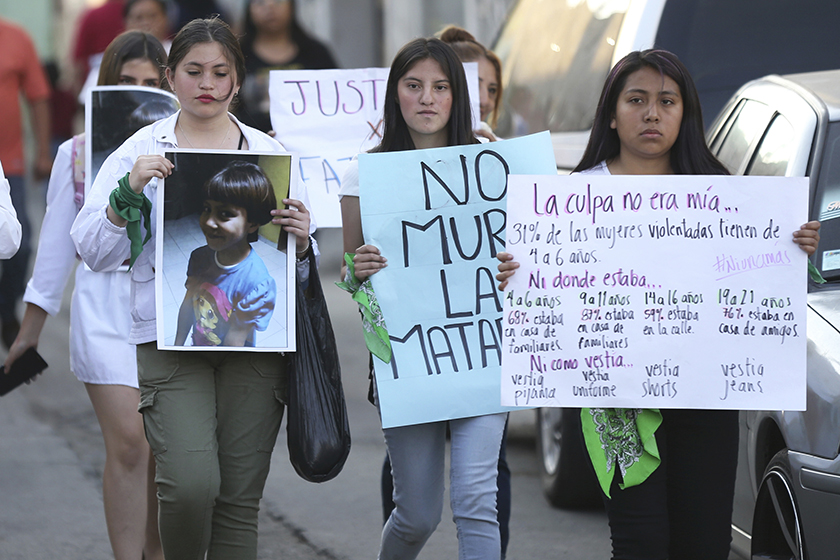
Fátima’s Legacy
Though her life ended far too soon, Fátima Cecilia Aldrighetti’s memory continues to inspire efforts across Mexico to create safer environments for children. Her case has been cited in national debates, school safety audits, community education programs, and legislative sessions.
She is remembered not only for the tragedy of her loss but also for the movement her story helped ignite — a movement toward vigilance, compassion, and reform.
Sources
- Murder of Fátima Cecilia on Wikipedia
- Mexico News Daily: Another femicide shocks Mexico City
- BBC: Fátima Cecilia – outrage after girl, 7, is abducted and killed in Mexico
- The Guardian: Fátima case reignites Mexico’s fury over femicide
- Reuters: Mexico protests after girl, 7, murdered
- UN Women: Gender-based violence statistics in Mexico